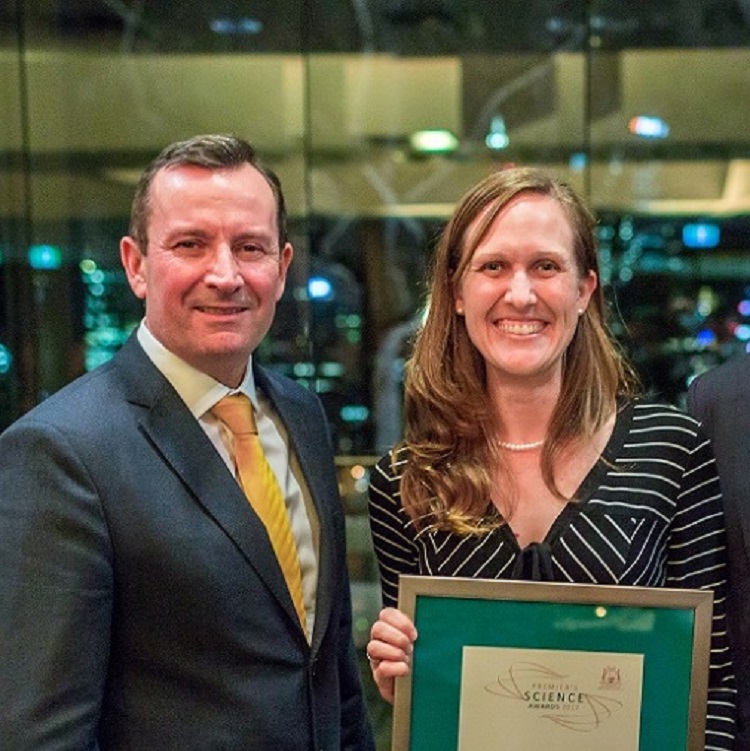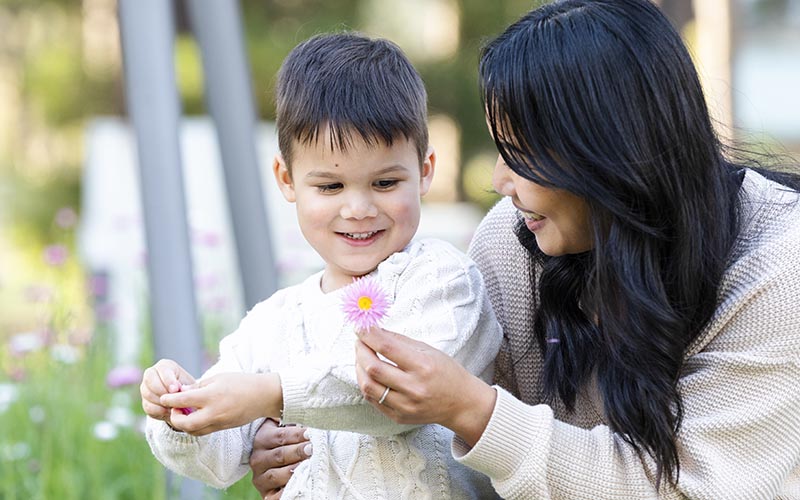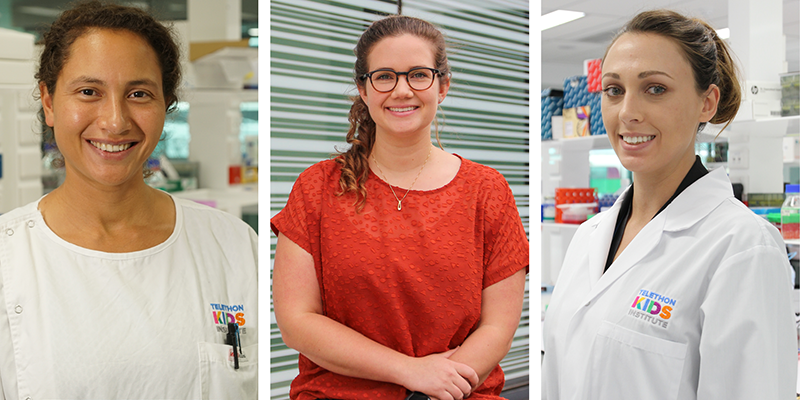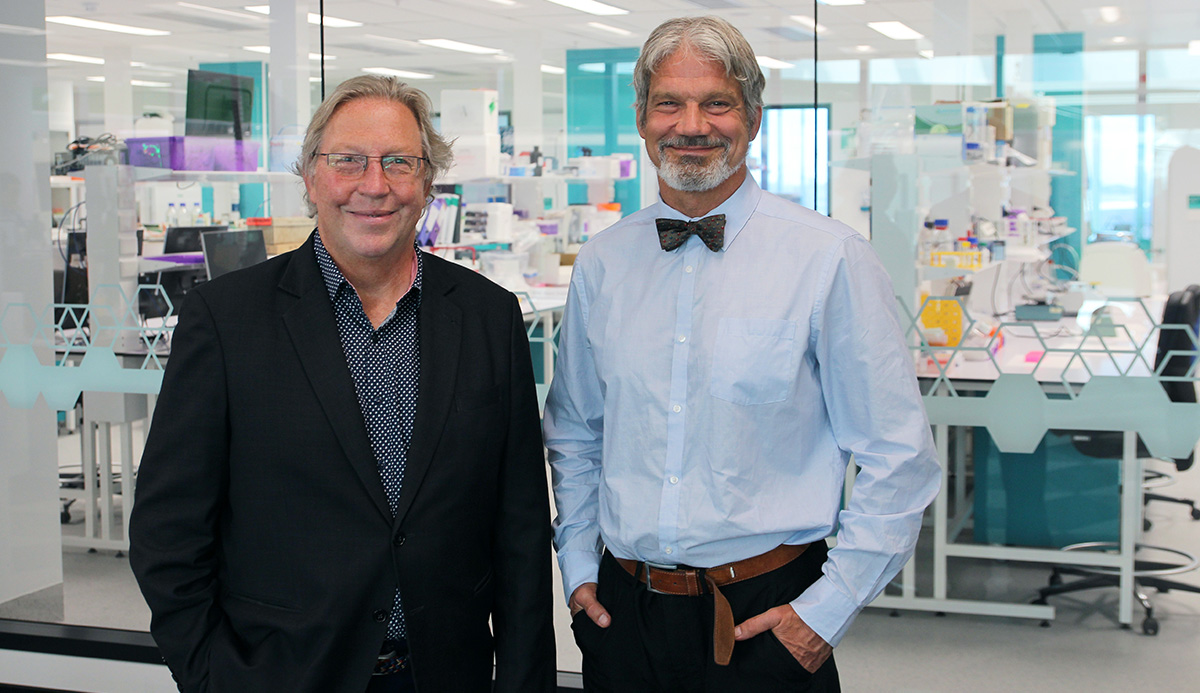Search

Infectious diseases researcher, Dr Asha Bowen, has won the Early Career Scientist of the Year Premier's Science Award for 2017.

Several The Kids Research Institute Australia researchers will share in more than $7.5 million in prestigious Investigator Grants to pursue a range of innovative child health research.

Three outstanding young researchers from The Kids Research Institute Australia have been named Raine Fellows and received valuable Raine Priming Grants to support their child health research.

Perth researchers are leading an international clinical trial focused on preventing the spread of COVID-19 by testing the effectiveness of the drug interferon in reducing the infectiousness of people who contract the virus.
Admissions for ARI were higher in Western Australia and displayed greater socioeconomic disparities than England and Scotland, where ARI rates are increasing
Restricted antimicrobials acquired after-hours are not routinely antimicrobial stewardship adherent at the time of acquisition or the next standard working day
Early life infections drive high antibiotic prescribing rates in remote Aboriginal communities
Non-Aspergillus molds and non-albicans Candida contributed substantially to pediatric invasive fungal infection in our study
Infant vaccination with 3 doses of PCV10 or PCV13 is safe and immunogenic in a highly endemic setting
Aboriginal children and children from lower socio-economic backgrounds were over-represented with OM-related hospitalizations but had fewer TTIs
